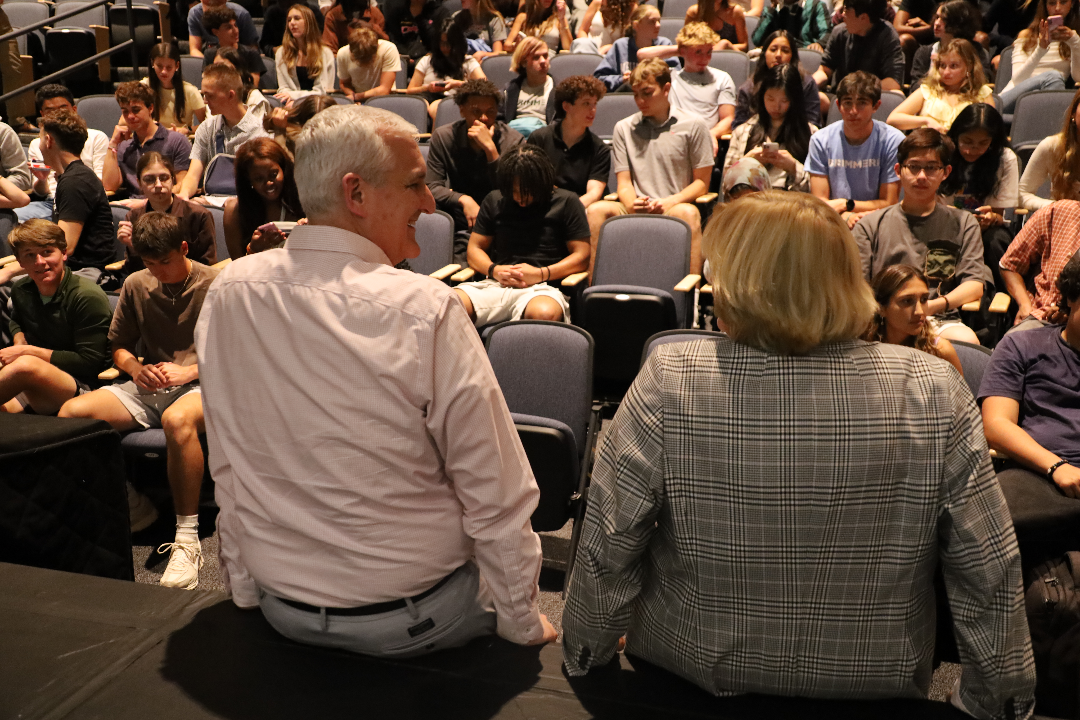TikTok, a social media app popular among teenagers, was temporarily banned Sunday in the United States.
Concerns over China’s ties to ByteDance, TikTok’s parent company, had led US lawmakers to give the company an ultimatum: Sell stock in ByteDance or face a nationwide ban.
Supreme Court Teacher Ken Levine explained the legality of social media apps, and the Supreme Court’s recent decision to uphold the ban.
“The concern is that TikTok is controlled by the Chinese government, and it could spread misinformation to people, which it seems to be doing,” Levine said. “The law says they have to divest of their ownership, the Chinese government ownership, and the justification for that is it is a national security issue.”
In March 2023, TikTok CEO Shou Zi Chew was grilled in a four-hour subpoena over the privacy of US citizens using TikTok. Bipartisan lawmakers posed questions scrutinizing TikTok’s ties to the Chinese government and their handling of American data.
After the ban, students like Nikka Souza ‘26, switched to alternatives, like Rednote or Lemon8.
“When it was banned for the first day I switched to Lemon8, and that was great,” Souza said. “Unfortunately, I had to learn Mandarin, and that was a big barrier.”
Sebastian Velastegui ‘26 also talked about concerns many students have with their private TikTok data.
“In general, my thoughts are that social media wise,” Velastegui said. “The Chinese government definitely collects some of the data that flows through TikTok. I’m fine with the ban. I think the ban is a good thing. I think Rednote is not something people should not switch over to just because something got banned.”
The future of TikTok will undoubtedly be decided by the actions from the Trump administration, with the new president already signing an executive order delaying the app’s ban by 75 days.
























































